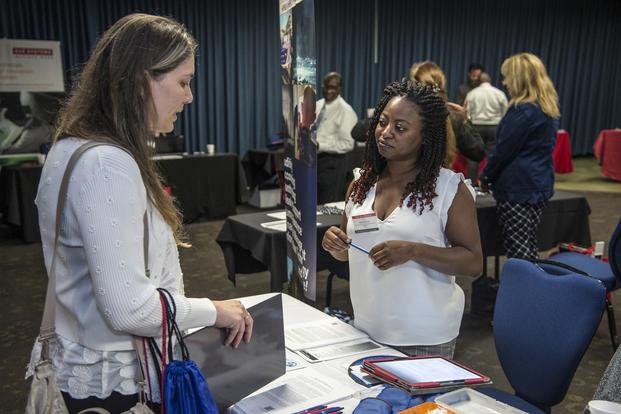You see a lot of articles out there that tell you what veterans do wrong during the interview process, or what things we're missing that keep us from getting the job. That is a necessary conversation, but it is not our topic today.
Instead, I'm going to tell you a few of the things I've watched veterans do right in the hiring process ... things my client companies have told me behind closed doors that they really enjoyed. These are just a few tips and secrets that have worked well for others and should work well for you.
1. Look the Part.
When one of my clients is hiring a veteran, they have a vision in their head about what you look like. The picture they have is somewhat about your physical appearance, but mostly about the way you carry yourself. Whether you are interviewing for an executive position or a technical job, maintain the military posture.
Now, I'm not saying you need to stand at parade rest. I'm saying you need to stand tall, chest out and shoulders back. Ensure your interview attire is appropriate and pressed. A more civilian haircut is typically preferred, but not a showstopper. The military posture, however, is highly impressive. It raises the bar for your unsuspecting competition.
2. Do Your Homework.
Once you know the name of the company and the person with whom you're interviewing, do something different -- research them. You don't need to spend all day figuring out who their soulmate is or the names of the company's board members. You do need to find two or three things about the company that you find interesting. This way, when they ask you, "Do you know anything about us?" you can say, "Yes, I know a little," and then discuss the items you thought were interesting.
3. Close the Interview.
Many of the people I placed with companies had no interest in getting sales jobs. Well, on the day of an interview, we are all salespeople. You're selling the company on you. You are letting them know why you're a better fit than candidate B. Most important, you should be following the first rule of sales: Always be closing.
Once the interview is complete, you need to ensure that you have a.) answered all of their questions; b.) thanked them for their time; and c.) let them know you are interested in the position. On a number of occasions, I've had clients come and tell me that they really liked the veteran they interviewed, but they weren't sure whether that person was really interested in them. Do not be that vet.
These are a few of the hints I gave to my veteran candidates when I was a headhunter. When these vets looked the part, did their homework and closed the interview well, they normally moved forward in the interview process or got the job on the spot. The tips worked for them. They should work for you, too.
Find the Right Veteran Job
Whether you want to polish your resume, find veteran job fairs in your area or connect with employers looking to hire veterans, Military.com can help. Sign up for a free Military.com membership to have job postings, guides and advice, and more delivered directly to your inbox.











